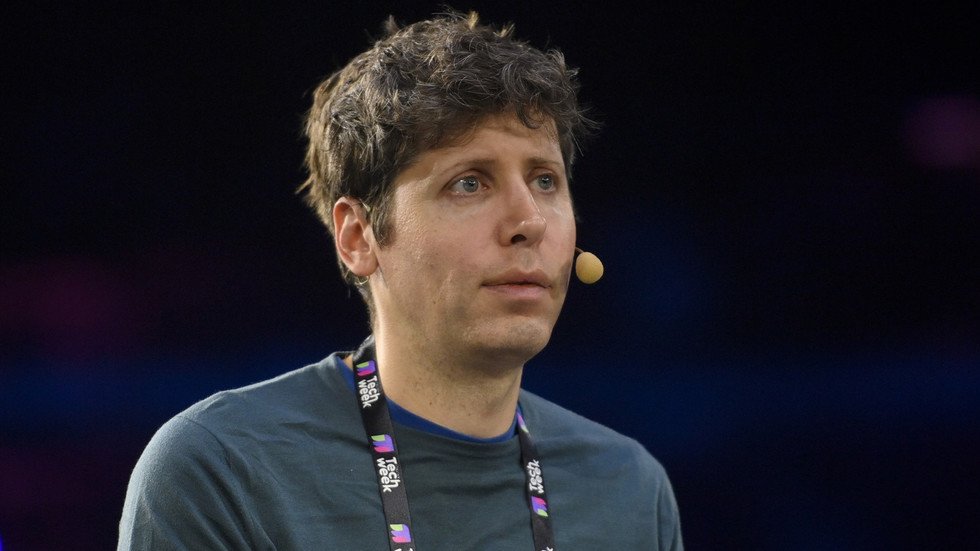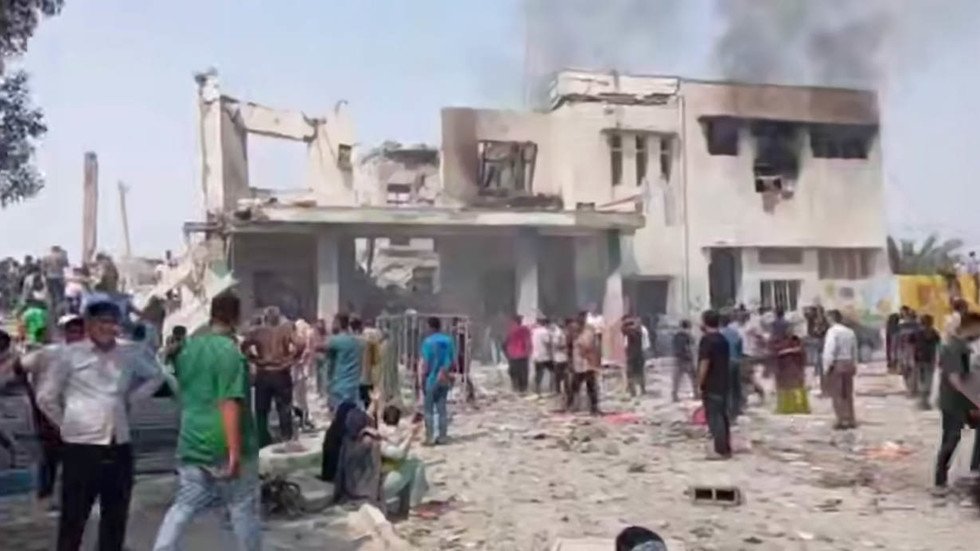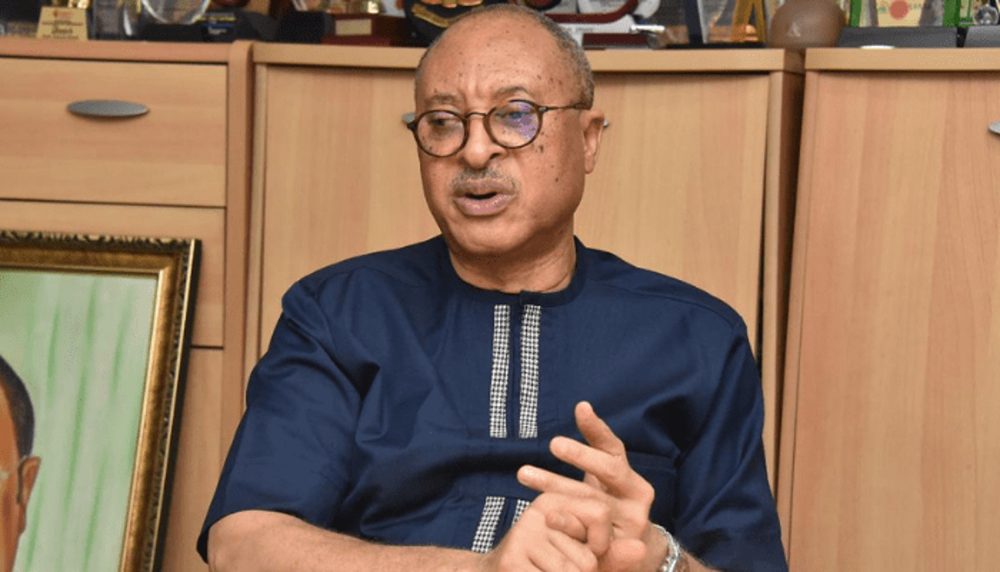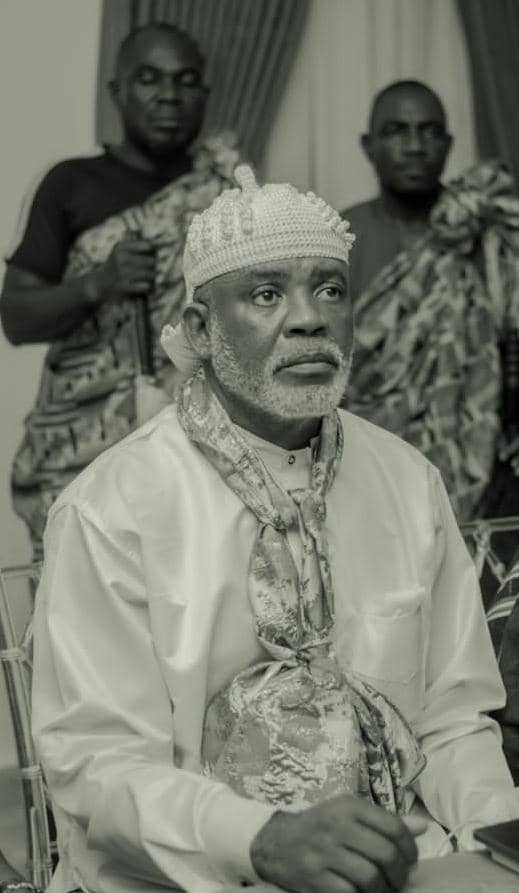U.S. President Donald Trump declared Monday that he expects to gauge the likelihood of a Ukraine peace deal “within the first two minutes” of his upcoming meeting with Russian President Vladimir Putin. The leaders are set to convene in Alaska on Friday amid heightened global scrutiny over the potential outcomes, which Trump described as uncertain. “I think it’ll be good, but it might be bad,” he told reporters at the White House, adding he aims to secure a ceasefire “very quickly.”
The U.S. leader outlined ambitions to mediate direct talks between Putin and Ukrainian President Volodymyr Zelenskyy, asserting, “Ultimately, I’m going to put the two of them in the room. I’ll be there or I won’t be there. And I think it’ll get solved.” Previous proposals for such a dialogue have been rejected by Moscow. Trump also suggested improved U.S.-Russia trade ties could follow a productive summit, though the agenda notably excludes Ukraine and European allies, drawing concern from NATO partners.
German Chancellor Friedrich Merz intensified diplomatic efforts Sunday, urging Trump to participate in an emergency virtual meeting Wednesday with European leaders and Zelenskyy. The goal, according to officials, is to align U.S. and European strategies ahead of the Alaska talks and safeguard Kyiv’s interests. “I’m talking to the European leaders. I’ll be talking to President Zelenskyy. I go into that thing fully loaded,” Trump said, though he provided no specifics on potential compromises.
Central to the discussions is the contentious idea of territorial concessions. Trump confirmed plans to raise “land swapping” with Putin, echoing Kremlin demands for recognition of annexed Ukrainian regions like Crimea. European officials and Kyiv have vehemently opposed such preconditions, insisting sovereignty issues cannot be negotiated before a ceasefire.
The absence of Ukrainian and European representation at the summit has amplified fears that decisions affecting Ukraine’s future could be made unilaterally. A senior EU diplomat, speaking anonymously, called the move “a strategic misstep,” while Ukrainian officials reiterated their refusal to cede territory. Analysts note the Alaska meeting marks a critical test of Western unity, with outcomes likely to shape not only Ukraine’s fate but also broader U.S.-Russia relations.
As preparations continue, global attention remains fixed on whether the talks will advance lasting diplomacy or deepen divisions, with millions in Ukraine awaiting clarity on the path to peace.



